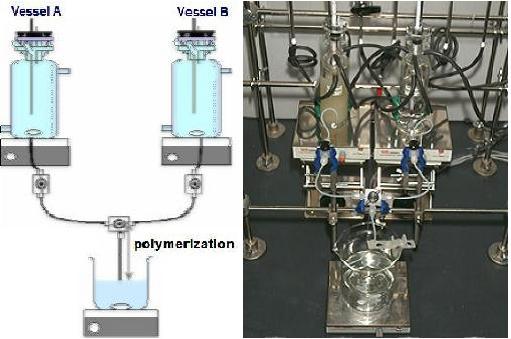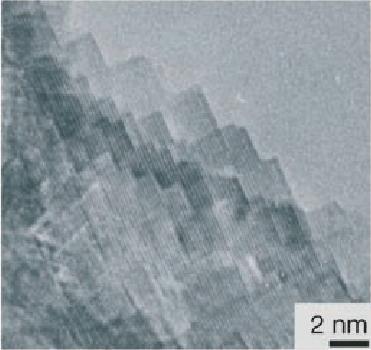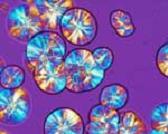Polyolefin materials such as polypropylene and polyethylene are used in a wide range of fields,
and their annual production volume exceeds 6.5 million tons in Japan and 70 million tons worldwide.
Since polyolefin consists of carbon and hydrogen only-no hazardous elements,
it is in high demand as an alternative to polyvinyl chloride, which produces environmental pollutants
such as dioxin and environmental hormones. The transition metal catalyst most commonly used for
the synthesis of polyolefin is the Ziegler catalyst. The polymerization mechanism of this catalyst,
however, has not been clarified and the primary structure of its polymer has yet to be controlled.
Our laboratory investigates various olefin polymerization catalysts from an academic viewpoint,
and aims to produce next-generation highly functional polyolefin materials based on the results obtained.
|
Clarification of the response mechanism in the initial stage of olefin polymerization
|
 |
|
The response mechanism in the first stage of olefin polymerization has not been sufficiently
clarified in spite of its definite significance in olefin polymerization. We investigate
the mechanism with a kinetic approach involving the stopped-flow method and through analysis
of the microstructure of the synthesized polymers. In particular, we developed a system for
the temporal analysis of products, with a capacity for temporal resolution of the sub-millisecond order.
We are using the system for the analysis of catalyst responses; it enables us to understand
the response mechanism of catalysts that form active spots on a time scale of less than 10 milliseconds. |
|
Observation of catalyst surfaces and development of new functional catalysts
|
 |
|
We observe the morphology of the surface compositions of heterogeneous olefin polymerization
catalysts and identify the surface structures by means of spectroscopy to find active spots
in polymerization. In addition, we develop catalysts based on a concept that is totally different
from that for the development of conventional industrial catalysts.
|
|
Development of polyolefin nanocomposite material
|
 |
|
We investigate nanocomposite materials of polyolefin containing dispersed nanoparticles
for the purpose of expanding the properties of polyolefin materials. We conduct fundamental
research on material properties in order to set guidelines for the design of nanocomposite materials,
and based on our findings, we develop highly functional polyolefin nanocomposites
by functionalizing nanoparticle surfaces. |
|
Investigation of stability and deterioration mechanisms in polyolefin
|
 |
|
Since polypropylene is susceptible to deterioration, it requires higher stability from the viewpoints
of long use, recycling and reuse. We investigate the mechanism according to which the polymers start
to deteriorate, and methods for stabilizing them by controlling their primary structure. |
|
|